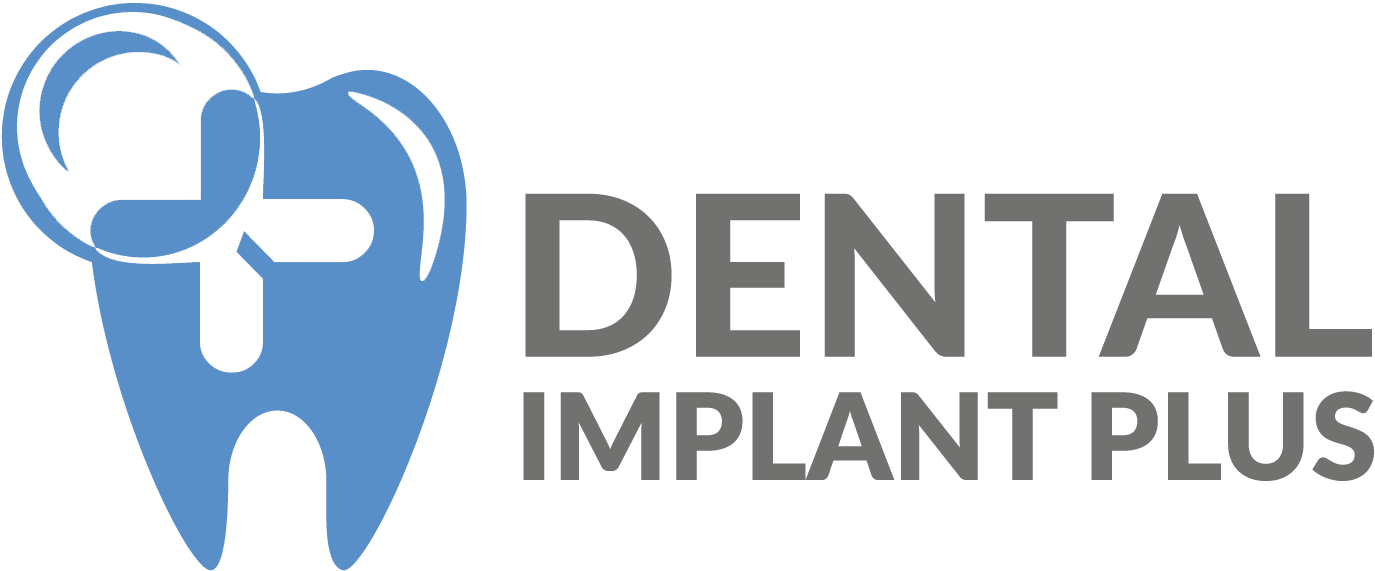Home » Exploring Other Ways to Get a Great Smile
Options for a Radiant Smile
Dental implants are widely considered the gold standard for tooth replacement, offering stability, longevity, and a natural look. But for some, implants may not be the ideal solution due to cost, medical considerations, or simply personal preference. Don’t despair! The good news is there are several effective alternatives, each with its own set of advantages and drawbacks. Let’s explore some options to help you make an informed decision about your smile’s future:
For Single Tooth Replacement:
- Dental bridge: This traditional option uses crowns cemented onto neighboring teeth to anchor a replacement tooth. While less expensive than implants, it requires altering healthy teeth, and longevity might be shorter.
- Resin-bonded bridge: Similar to a traditional bridge, but uses bonding instead of crowns on healthy teeth, making it less invasive but potentially less durable.
- Flipper: This temporary acrylic partial denture fills the gap while awaiting a permanent solution. It’s affordable and removable, but not ideal for long-term use.
For Multiple Missing Teeth:
- Partial dentures: These removable appliances replace several missing teeth and rest on the gums and remaining teeth. They’re relatively affordable but may require adjustments over time and can impact speech and eating comfort.
- Full dentures: For those missing all teeth, full dentures offer a removable replacement. While advancements have improved comfort and fit, they might not feel as natural as implants.
- Implant-supported dentures: Combining the stability of implants with the affordability of dentures, this option uses strategically placed implants to anchor a denture, providing superior stability and function.
Other Considerations:
- Mini dental implants: Smaller and less invasive than traditional implants, these may be an option for patients with limited jawbone or specific needs.
- Denture with attachments: These dentures have special clasps or magnets that connect to implants or natural teeth for improved stability.
Exploring alternatives to dental implants is an essential step in the decision-making process for individuals facing tooth loss. Each option comes with its own set of advantages and considerations, and the right choice depends on factors such as oral health, budget, and personal preferences. Consulting with a qualified dentist is crucial for a comprehensive evaluation and recommendations based on individual circumstances. Ultimately, the goal is to find the most suitable solution that restores both function and confidence to those with missing teeth.






